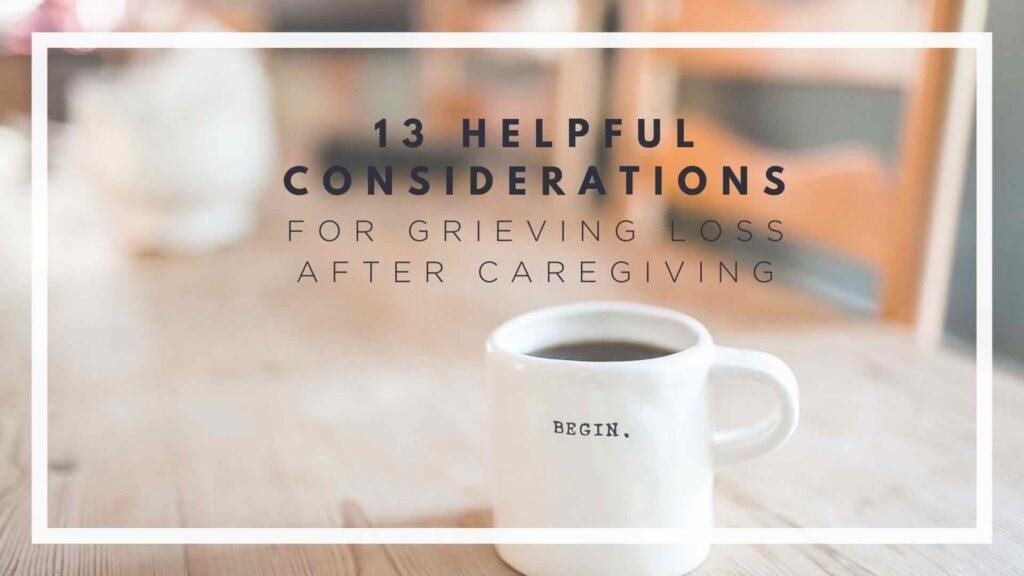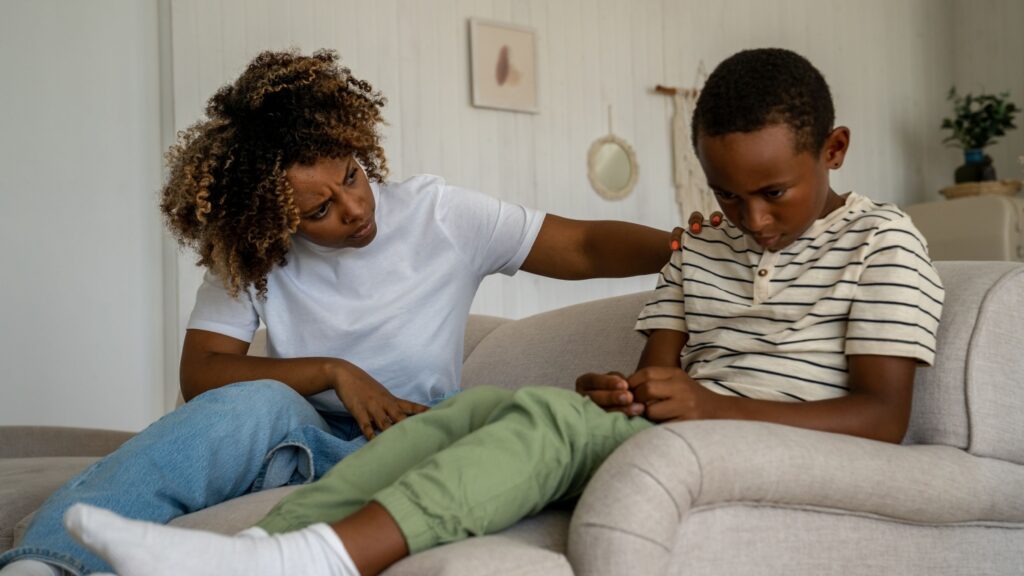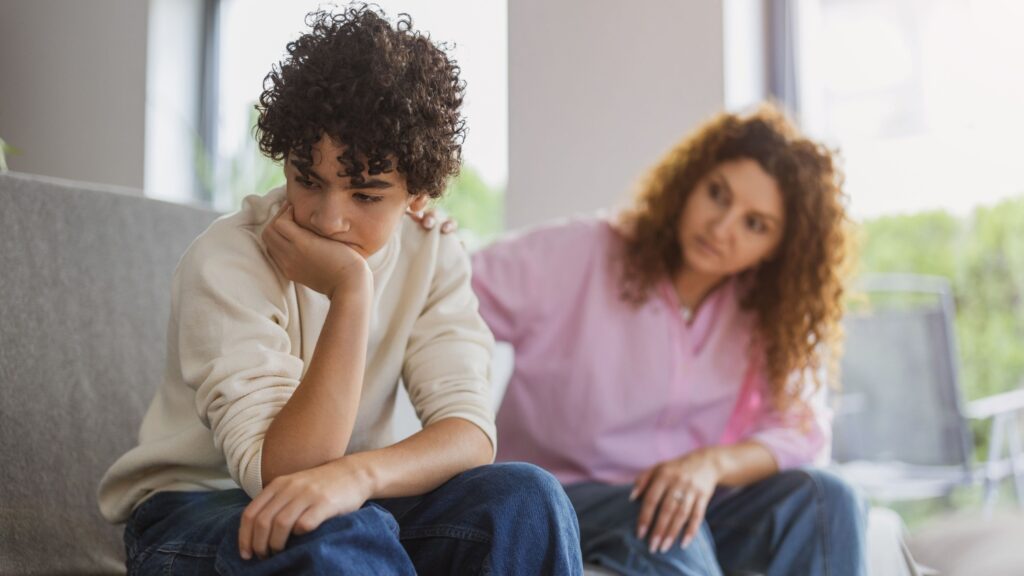There was a ten-year span of time in between my husband’s diagnosis with cancer to his final breath. The hardest thing for me to understand was the feeling of relief I had after his passing. I would see other widows hurting and emotionally broken and would wonder why I didn’t feel the same way—what’s wrong with me? Did I not love my husband as much as they loved theirs? I even wondered if I really loved him at all.
The reality was that over those 10 years I was already slowly walking through the grieving process, knowing that he would most likely die from cancer if the Lord did not intervene. So, when he did die, the pain after his death wasn’t as hard as it might have for someone else. It was so easy to feel guilty because of that. I wasn’t glad he was gone, but relieved that I didn’t have the stress of being the one fully responsible for the calendar, doctor visits, lack of sleep, and the what if’s that could come during the night. If that’s you today, you are totally normal.
13 helpful considerations
for grieving loss after care-giving:
1. Take your time and do grief your own way in your own time frame.
2. Relief may be experienced with the release of care-giving. This is completely normal.
3. Normal relief from care-giving may bring about the feeling of guilt. You have experienced the close of a difficult season. It is natural to feel the emotion of relief.
4. Grief is often experienced throughout the extended illness making the process of grief over the actual death quicker than normal.
5. The release from all that is involved with caring for someone over an extended period may delay the grief process over the actual death of your loved one.
6. Don’t make decisions that can’t be undone. In the beginning of the grief process, you may not have the ability to think clearly so be patient while you heal. Tend to those decisions that must be made while praying for wisdom to know those that can wait.
7. An identity crisis may occur as you transition from caregiver to widow.
8. Moving forward quickly after death may cause well-meaning friends concern that you are not grieving at all.
9. Removing care-giving from your normal routine of life may launch you into a painful season of loneliness.Caution must be given in the way this void is filled – an inner circle of friends is very helpful in this season.
10. Your support may fade away almost immediately. Sadly, people may stay by your side throughout the illness but when death comes, they disappear. This hurts. A new community will follow, but it may take time—don’t be afraid to reach out for help.
11. Your kids’ grief will look different than yours, be sensitive to this by helping them through all the new changes.
12. Exhaustion is part of the extended care-giving experience. Give yourself plenty of time to physically, mentally, and emotionally adjust. You are probably more depleted than you even realize.
13. There is life after death. Give yourself permission to recover, grieve, and then move forward.
“But You, O LORD, are a shield about me, My glory, and the One who lifts my head.”
Psalm 3:3 NASB






